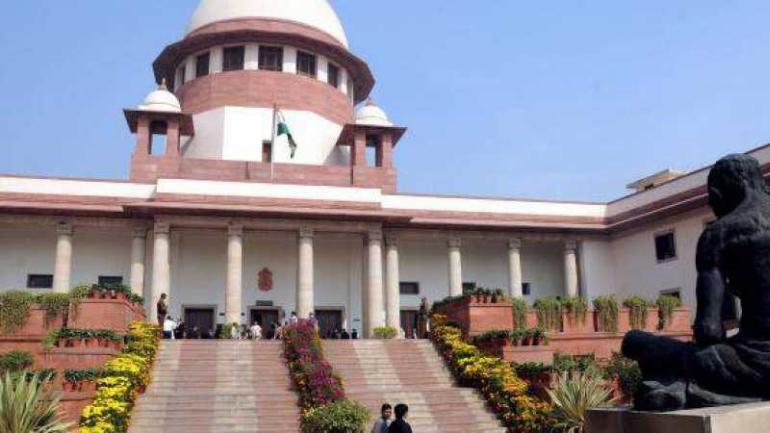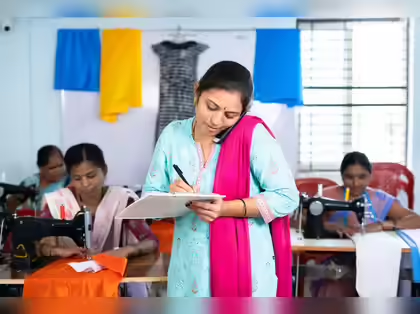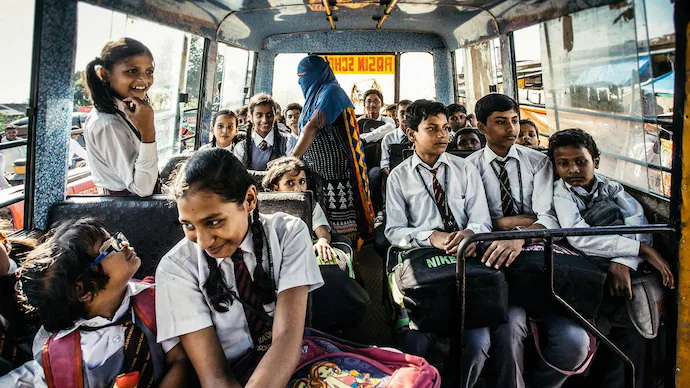- Courses
- GS Full Course 1 Year
- GS Full Course 2 Year
- GS Full Course 3 Year
- GS Full Course Till Selection
- Answer Alpha: Mains 2025 Mentorship
- MEP (Mains Enrichment Programme) Data, Facts
- Essay Target – 150+ Marks
- Online Program
- GS Recorded Course
- Polity
- Geography
- Economy
- Ancient, Medieval and Art & Culture AMAC
- Modern India, Post Independence & World History
- Environment
- Governance
- Science & Technology
- International Relations and Internal Security
- Disaster Management
- Ethics
- NCERT Current Affairs
- Indian Society and Social Issue
- NCERT- Science and Technology
- NCERT - Geography
- NCERT - Ancient History
- NCERT- World History
- NCERT Modern History
- NCERT Medieval History
- CSAT
- 5 LAYERED ARJUNA Mentorship
- Public Administration Optional
- ABOUT US
- OUR TOPPERS
- TEST SERIES
- FREE STUDY MATERIAL
- VIDEOS
- CONTACT US
Inclusive Digital Access is Part of Article 21: Supreme Court Judgment
Inclusive Digital Access is Part of Article 21: Supreme Court Judgment
02-05-2025

- In the landmark case Amar Jain v. Union of India and Others, the Supreme Court has expanded the scope of Article 21.
- The Court ruled that inclusive and meaningful digital access is a fundamental right under the Right to Life and Liberty.
Key Highlights of the Judgment:
- The Court emphasized that digital access must be inclusive, meaningful, and equitable for all individuals.
- It recognised the Right to Digital Access as an instinctive and essential part of the Right to Life under Article 21.
- The State's responsibility to ensure digital inclusion stems from Article 21 (Right to Life), Article 14 (Equality before law), Article 15 (Prohibition of discrimination), and Article 38 (Social Justice obligation).
- The Court invoked the principle of substantive equality, stressing that digital transformation must ensure fairness and inclusiveness.
- Directed the authorities to revise existing Know-Your-Customer (KYC) norms for banking and e-governance access.
- The revised digital KYC must be accessible to individuals with facial disfiguration (e.g., acid attack survivors) and persons with visual impairments.
- These directions were issued under the Rights of Persons with Disabilities Act, 2016.
- A total of 20 specific directions were issued by the Court to make the eKYC process more accessible and inclusive.
Significance of Inclusive Digital Access:
- Enables equal access to government welfare schemes and e-governance services.
- Helps in bridging the rural-urban digital divide.
- Ensures access to online education platforms and financial technology services.
- Empowers marginalised and vulnerable groups to participate in the mainstream development process.
- Reinforces the idea that digital accessibility is a critical enabler of constitutional rights and dignity.
|
Relevant Supreme Court Judgments on Internet and Digital Rights:
|
|
Also Read |
|
| Public Administration Optional | |
| UPSC Monthly Magazine | Question Answer Practice For UPSC |




